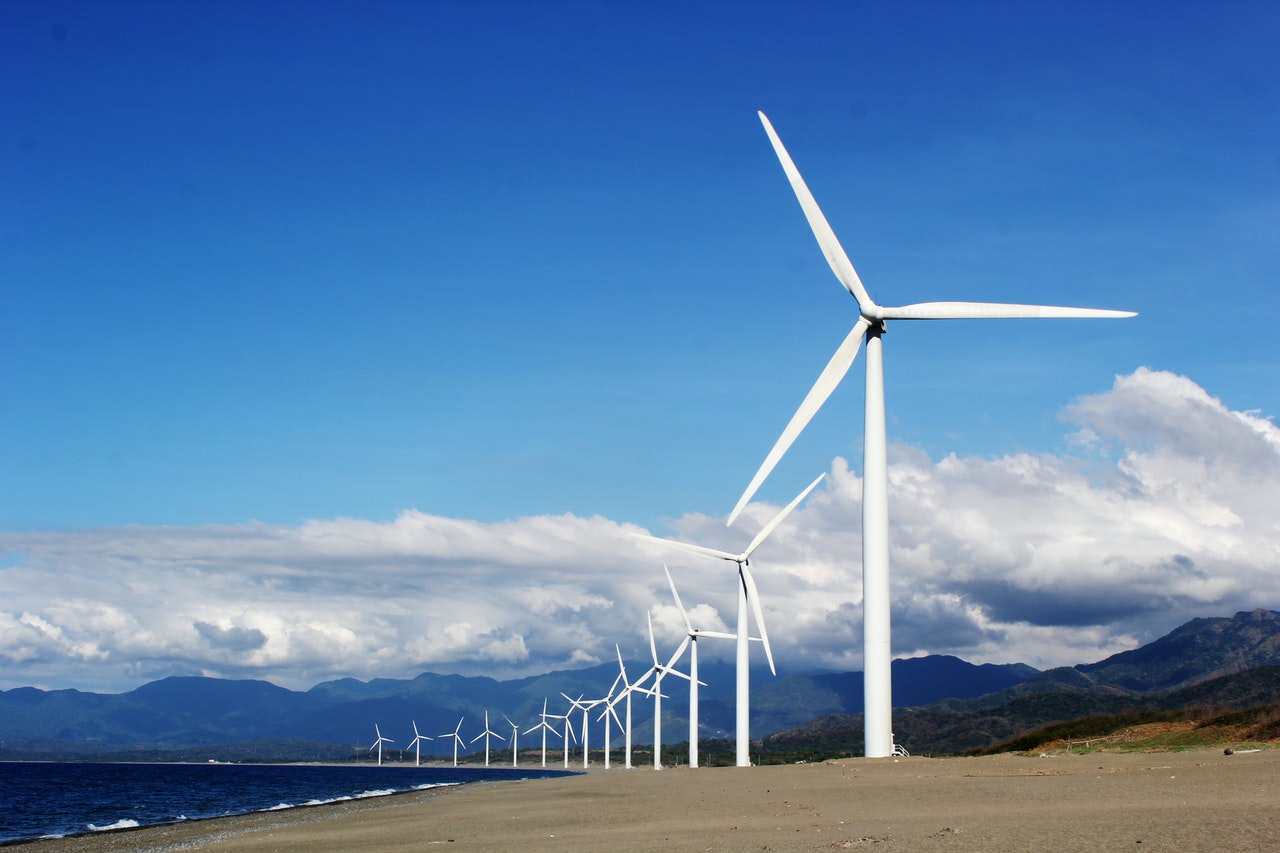Energy Impact Partners LP (EIP), a venture capital business supported by Microsoft and Duke Energy, has secured $200 million to invest in clean energy and sustainable manufacturing technologies.
The Deep Decarbonization Frontier Fund will invest in high-risk companies aimed at providing green energy or low-carbon industrial processes. According to Bloomberg, it will be sponsored by utilities and oil and gas firms, with ambitions to partner with these sponsors once their technology is ready for production.
Even before its official introduction, the fund had already invested in a battery business, a nuclear fusion firm, and companies producing low-carbon fertilizer and cement.
Green ventures are high risk and have historically been avoided by investors. According to EIP, heavy emitting corporations in the fossil fuel and utility industries have a larger interest to support these possibilities since they require means to shift to reduced carbon. Shayle Kann, the fund’s executive director, intends to raise another $150 million this year.
Form Energy is one of the fund’s initial protégés, with plans to build large-scale energy storage devices for grid balancing based on iron-air batteries, an unique battery technology that leverages a reversible version of the oxidation process inherent in metal corrosion. Because it is based on an available substance – rust – the technique has the potential to be useful for grid storage and has a low cost and environmental effect.
Another winner is Zap Energy, a business that plans to commercialize fusion energy by employing “sheared flows” rather than magnetic fields to maintain the heated ionized gas plasma.
Kann told Bloomberg, “This is a multitrillion-dollar change.” “The spoils will go to the conqueror, and the prizes will be massive.”
Microsoft said two years ago, in January 2020, that it would spend $1 billion over the following four years, as well as that it would be carbon negative by 2030. Microsoft’s first investment from that fund was in EIP.
When Microsoft CEO Brad Smith announced the $1 billion fund in 2020, he stated, “We acknowledge that this is just a fraction of the investment required, but our goal is that it drives many governments and enterprises to participate in innovative ways as well.”

